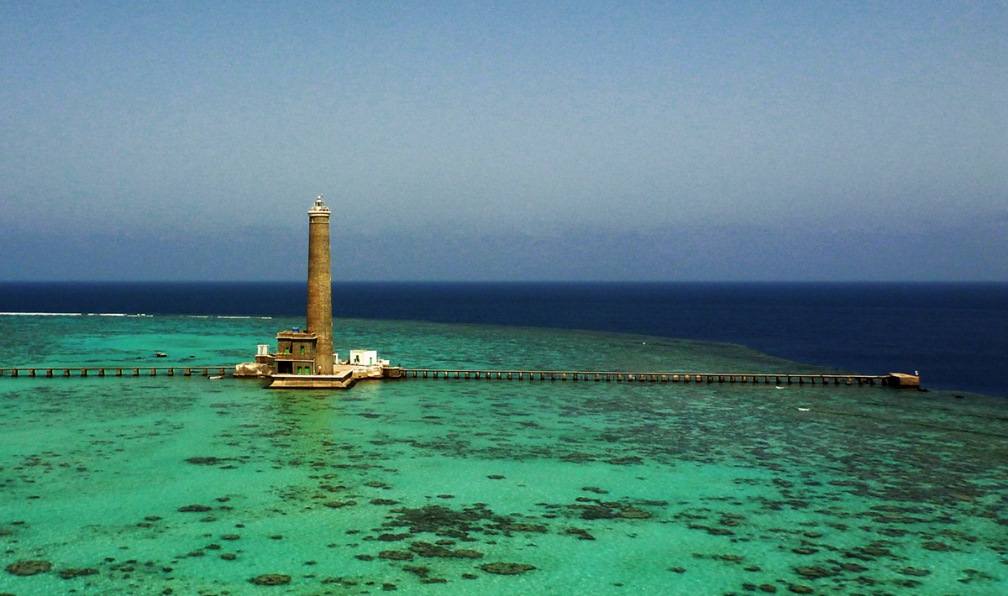The Energy Sector is largely seen as an exclusive reserve for men in Africa and beyond. But, Salma Abdalla is not backing down. She is challenging the statuesque and asking the right questions. In this interview, she shares her strategy towards getting more women to get involved in spectrum of the energy sector. Excerpts:
Your work focuses on Women & Energy; and we are well aware that this is one sector that is male dominated in Africa; tell us some of your experience working on this project?
My experience working on women & energy project was an eye-opening by which I had the opportunity to explore the challenges and recognize the possibilities.
Barriers facing women in energy sector including institutional arrangements, lack of strong leadership skills, training and development programs. Lack of reliable data regarding women involvement in the energy chain is also a challenge as there is no monitoring tool by which we track the progress.
However, the opportunities more attractive nowadays, the policy, regulatory and institutional framework around gender mainstreaming in the energy sector is gaining momentum in the region, that encourage women to participate more in all aspects of the energy sector value chain to bring benefits for all.
The gender gap across boardrooms of major energy companies in the continent remains wide, do you see that changing anytime soon?
Yes, I do agree with this to some extent; as more development goals and initiatives were put forwards invest in women empowerment and education (i.e. SDG’s). Today more than before, women talent and assets are recognized as an added value for development and growth.
What in your view is the way forward for women in the Energy sector in the continent?
African women are main stakeholder and a change agent across the energy value chain (AWEEF). Personally, I believe that we need to get more women involved on local level in order to create new policy by which we alleviate energy poverty in the continent. Furthermore, women need training in order to get an equal opportunity in energy sector. Moreover, women entrepreneurship in the sector should be recognize and encourage.
With the near absence of dependable data that can help in tracking progress, how do we measure the successes thus far of the Sustainable Development Goals in the continent?
SDG’s was successful in identifying the core issues facing the world as an opportunity by which country can develop and progress. Through SDG’s, African counties are aware of the tools by which they can tackles these issues and access the available investment possibilities. This can be noticed, on the way the dialogue was shifted from hopeless Africa towards growth and prosperity continent, where five out of the 10 countries that grow the most in 2017 in Africa (OWCD).
Africa is home to the world’s youngest population with about 60% of her young people within the ages of 18-25, and projected to double by the year 2050; what do you think is the implication of a growing population with a commensurate growth in jobs and employment opportunities?
Youth are valuable assets and cornerstone of any country development. Hoping for a better future for the continent, an ambitious plan must be created to diversify the economy away from traditional sectors and create better jobs for the educated young workfare. Diversify the economy as it was already done in some of the African country like Rwanda successful experience.
What are the talking points for you during EDD program for 2018?
Focusing on the topic “Women & Energy”, my talking points will first, address three core issues facing women involvement in the energy sector, which are leadership, knowledge, and institutional arrangement. Second, identify and highlight the available employment and entrepreneurship opportunities. Third, engage young people to the conversion to move forward future direction.
How would you say your project is helping tilt the scale in favour of women in the energy sector in Sudan and Egypt and Africa at large?
When it comes to economic growth there is no doubt that, Sudan is falling behind. Energy poverty is one of the main challenges impeding the country growth effecting and may live epically women being devastated by extreme poverty, illiteracy, and social discrimination. That drove them to migrate or work in inadequate vacancies. I do belief that my project will contribute start new dialogue to address the role in which women can contribute. Successful implantation of the project will ensure transferring the experience to other African counties.
There has been a clamor for opening up of the space for more young people in Africa’s political scene; do you see this as part of the solution to the continents’ leadership challenge?
Yes, I do believe that my generation will lead the leadership change in Africa. Compare to the past generation, young people today have the right tools to tackles the challenge. They are aware of the danger of corruption and nepotism that preventing the advancement of their countries. African youth today are also well educate and able to distinguish between clear development goal and national blurred vision. Most importantly they have strong local network and support.


